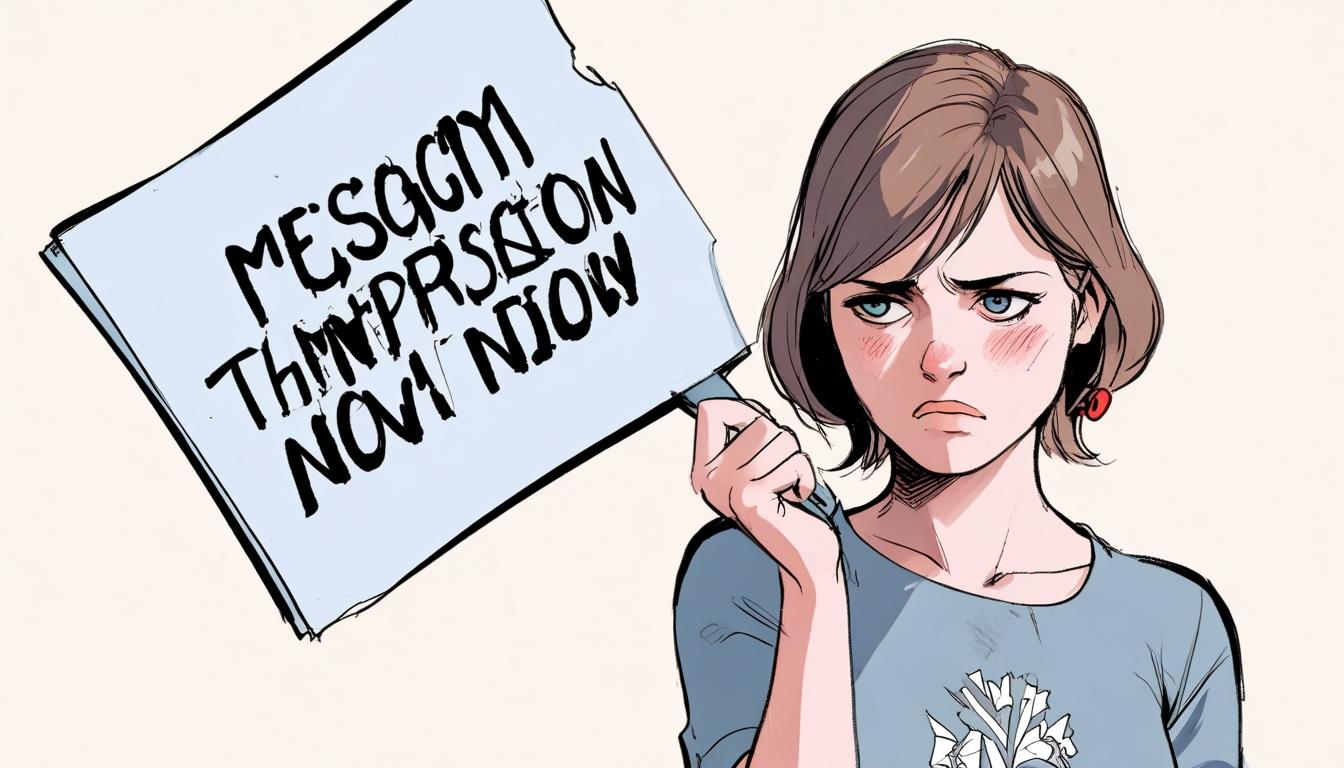Plans to introduce legislation addressing misogyny and banning conversion therapy in Scotland have been shelved, following a significant reversal by the Scottish Government. This decision has been characterised as a major setback, causing disappointment among advocates for women's rights and LGBTQI+ protections.
The Scottish Government confirmed that its proposed Bill to make misogyny a specific offence will not proceed within the current parliamentary term. This decision arises from the need to reassess implications stemming from a recent Supreme Court ruling, which necessitated ensuring "clear and unambiguous provisions" regarding the application of such legislation.
Moreover, the government announced that a ban on conversion therapy would not be enacted in this parliamentary session. Instead, ministers indicated plans to address this issue in the first year of the next term, provided that a UK-wide agreement is not established beforehand.
Scottish Conservative deputy leader Rachael Hamilton expressed her concerns, stating that the decision reflects poorly on the government's credibility. "This looks like a humiliating U-turn from John Swinney and co. The misogyny Bill is just the latest in a litany of paused, ditched or botched Sturgeon-era policies," she remarked. Hamilton emphasised the severity of misogyny, underscoring the importance of protecting women and girls from abusive behaviour while safeguarding their rights.
The initiative for a misogyny law stemmed from recommendations made by an expert group led by Baroness Helena Kennedy, KC, in 2022. This group advised creating standalone legislation rather than including abuse and violence against women within the existing hate crime law framework. Proposed provisions of the Bill included the establishment of five new offences: inciting hatred against women and misogynistic harassment, with additional considerations for harsher sentencing in cases where misogyny is deemed an aggravating factor.
Scottish Labour's justice spokesman, Pauline McNeill, denounced the shelving of the misogyny law as a "shameful broken promise to women at a time when misogynistic hatred is on the rise."
In response to the shelving of these initiatives, parliamentary business minister Jamie Hepburn acknowledged the complexities involved in tackling such policies. He affirmed that any future legislation must clearly define the circumstances surrounding the application of misogyny laws and recognise any legal implications arising from the recent Supreme Court judgment. Hepburn indicated that amendments would be made to hate crime legislation to bolster protections for women and girls.
Concerning conversion therapy, equalities minister Kaukab Stewart stated, "These recent weeks have been challenging for our LGBTQI+ communities, and we want you to know we stand with you and we will work tirelessly to ban conversion practices once and for all."
Greens equalities spokesman Maggie Chapman expressed disappointment, noting that many individuals waiting for legislative protections would be disheartened by the delay. This sentiment reflects the apprehension surrounding the absence of comprehensive measures aimed at addressing misogyny and ending conversion practices in Scotland.
Source: Noah Wire Services
